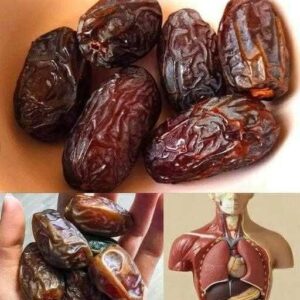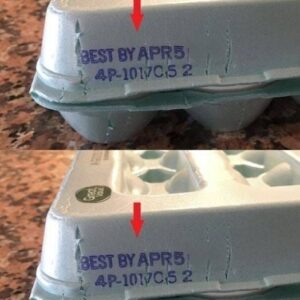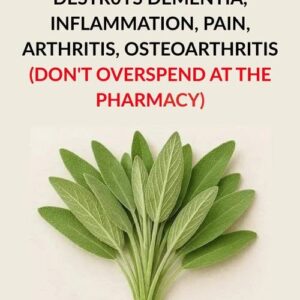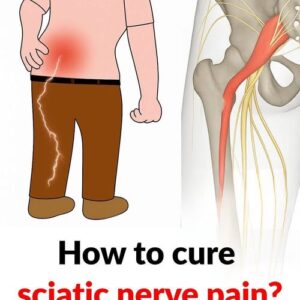Summertime brings various pests like ticks, mosquitoes, and now, the assassin bug. This insect is becoming more common, and its bite can pose serious health risks.
Assassin bugs, also known as “kissing bugs,” feed on human and animal blood. They often defecate at the bite site, transferring parasites that cause Chagas disease. This illness can have severe symptoms and may lead to death. “Understanding this insect is crucial for dealing with potential bites effectively.”
Chagas disease symptoms range from headaches and fever to rashes and fatigue. Many infected individuals show no symptoms, allowing the disease to progress and potentially affect the heart. Prompt medical attention is crucial if bitten. “Blood tests can aid in early detection.”
Assassin bugs, especially the ones called “kissing bugs,” may look harmless—but don’t be fooled. A bite from one of these insects can be more than just painful; it can potentially transmit Chagas disease, a serious illness caused by a parasite (Trypanosoma cruzi).
1. Immediate Reaction
Clean the area with soap and water.
Apply antiseptic to prevent infection.
Use ice packs to reduce swelling or pain.
Take an antihistamine if you experience itching or mild allergic reactions.
2. Watch for Symptoms
Within a few hours or days: Look out for fever, fatigue, body aches, or swelling at the bite site.
If these appear, especially swelling around the eyes, seek medical help—this may be a sign of acute Chagas disease.
3. Seek Medical Help
If you suspect a kissing bug bite and develop symptoms, consult a doctor.
A blood test may be needed to detect the parasite.
Chagas disease can be treated, especially if caught early.
4. Prevent Future Bites
Seal cracks in walls and windows.
Avoid sleeping outdoors near woodpiles or animal nests.
Use bed nets and insect repellents if you’re in an infested area.





